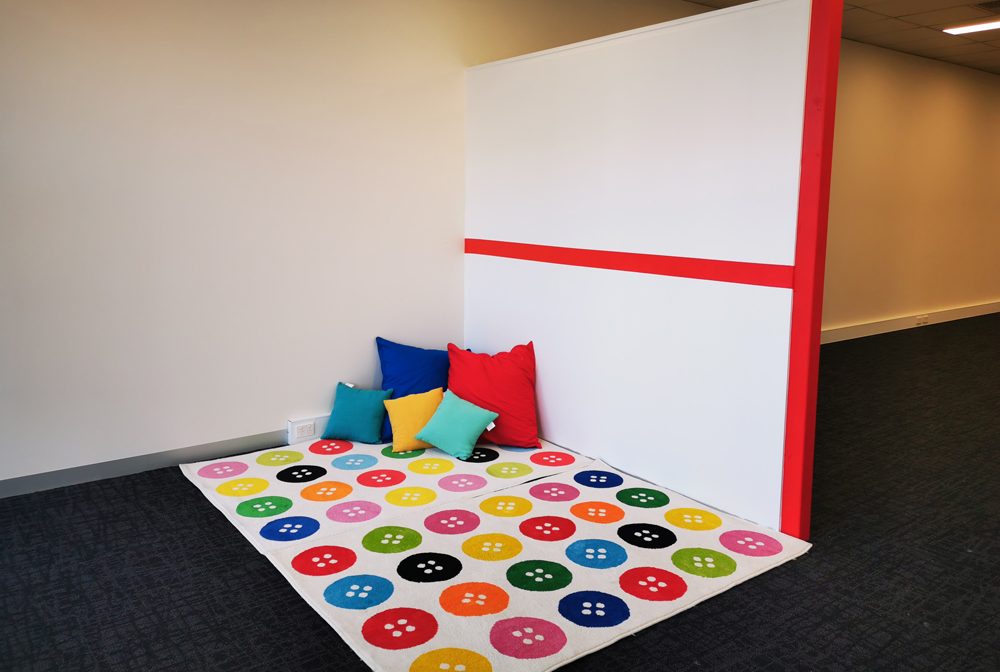
If we think back, we can all remember the impact of excellent teachers and the impact of terrible ones! Many of us, as adults, still have very strong emotions associated with these experiences, both in terms of how we feel about the teacher or subject, and how we feel about ourselves in relation to that subject.
If a teacher made you feel unintelligent or incapable, you may still feel doubtful or nervous about your abilities in that subject, or it may have stopped you from pursuing something you were once passionate about.
If a teacher encouraged you in an area you previously hated or felt like you couldn’t do, you may have grown to love that subject, do quite well in it, and believe in yourself a little more.
We can’t always control these experiences for our children, but when it comes to choosing tutors to support their development, there is a lot we can get right.
There has recently been a lot of commentary in the media about the damage bad tutors can do. The following article is supported by the head of the Australian Tutoring Association, as well as by first-WA-accredited centre My Academy’s Director, Rachel Dreier. The article has been receiving a lot of attention on social media among teaching groups. It notes:
“Most schools no longer emphasise speed and rote learning when teaching maths, and now focus on students’ understanding of key concepts as part of a concerted effort to improve engagement in maths across the system. But many tutors and tutoring companies use outdated, potentially damaging methods, experts warn.”
Warning signs your child is not being taught well
When it comes to putting your trust in a tutor, there are some important decision-making factors for you to consider.
A truly qualified teacher?
While tutor accreditation is encouraged, this is still a relatively new concept in Australia and it remains a largely unregulated industry. In contrast, a primary school teacher must complete 4 years of full-time study, including substantial research and observed fieldwork, before they are allowed to teach children unsupervised. This preparation not only includes subject matter knowledge but in-depth teaching skills and learning and developmental theory.
Similarly, a high school tutor should have in-depth knowledge of a subject area and should have excelled in the subject for themselves; in addition to this, they should have excellent communication and interpersonal skills. To understand a concept is one thing; to teach someone else and to help them develop the associated skills in a way that sets them up for success is quite another!
While a tutor may not be impacting as many children as a classroom teacher on a daily basis (though they can be), each child’s education is vitally important! Before you choose a centre, ask what qualification standards are required of their tutors.
Equipped for the future?
Schools and universities are now having to adapt to the fast-paced change of technology and are grappling with the task of preparing students for an uncertain future of work. We know that interpersonal, creative and entrepreneurial skills will be important as technology takes over more and more jobs, both mechanical and analytical. Yet, there are a multitude of unqualified tutors out there still teaching to machine skills… giving students exposure to processes but not the thought behind them.
What is boredom teaching your child?
We know that children learn best when they are engaged in a fun activity, when they collaborate with each other or participate in discussion with the teacher, and when they receive individual attention and feedback. But so many tutoring models fail to deliver any of these prerequisites. Over time, a child who is regularly experiencing negative feelings about learning (‘It’s boring’ or ‘It’s too hard’) will become less likely to learn and enjoy learning, as these views become solidified. When you think about the regularity of tutoring, this is a real cause for concern.
Are price and location reallythe most important factors?
People will travel miles to get to the perfect dance teacher, but would rather an unqualified Year 12 student come to their house to tutor their children because it is more convenient.Is this really the best option for their educational needs?
While attention should be given to budget and schedules, as seen above, there are some much more important factors to prioritise. We ensure all our tutors are thoroughly interviewed and their ability to teach is of the utmost priority.
We hope this article helps you to navigate the world of tutoring and the feedback that is out there in the media, but if you have any questions or concerns, we hope you’ll come and talk to us.